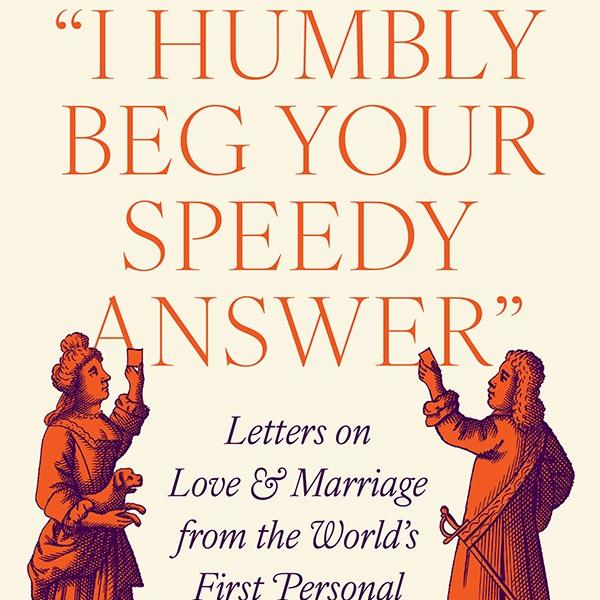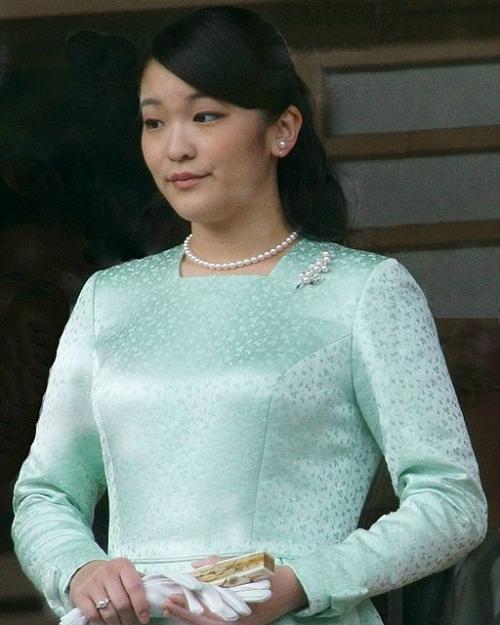After intense scrutiny, Princess Mako of Japan married longtime partner Kei Komuro this week, giving up her status as a member of the imperial family.
Kristin Roebuck, assistant professor of history in the College of Arts and Sciences, is a historian of modern Japan and is writing a book entitled “Japan Reborn: Race and the Family of Nations after World War II.” She says the Imperial Household Law in Japan, different from laws governing the general population, may doom the royal family.
“With the marriage of former princess Mako, the population of Japan’s royal family shrinks to an all-time low. The imperial family’s decline is a direct result of government policy. Constitutional guarantees of equality between the sexes in Japan do not apply to the imperial household, which is governed by a unique body of law, Imperial Household Law (IHL)," said Roebuck.
“IHL decrees imperial daughters like Mako ineligible to succeed to the throne, and upon marriage to husbands who are not members of the imperial family, demotes them to their husbands’ status. Legally, Mako has been ejected from the imperial family.
“Any sons Mako may bear are ineligible to succeed to the throne, leaving Mako’s teenage brother, Hisahito, the only possible progenitor of future male heirs. If Hisahito has no sons, the imperial line will die with him. Unless, that is, Japan’s government finally bends to popular will and amends IHL to align with constitutional guarantees of equality of the sexes and of man and wife. Those constitutional guarantees were adopted in 1947 – the same year as current IHL – under U.S. occupation after World War II. Oddly, U.S. occupiers did not insist on conforming IHL to the constitution. That exception may doom the royal family,” said Roebuck.
For media inquiries contact Rachel Rhodes, 585-732-1877, rer252@cornell.edu.




